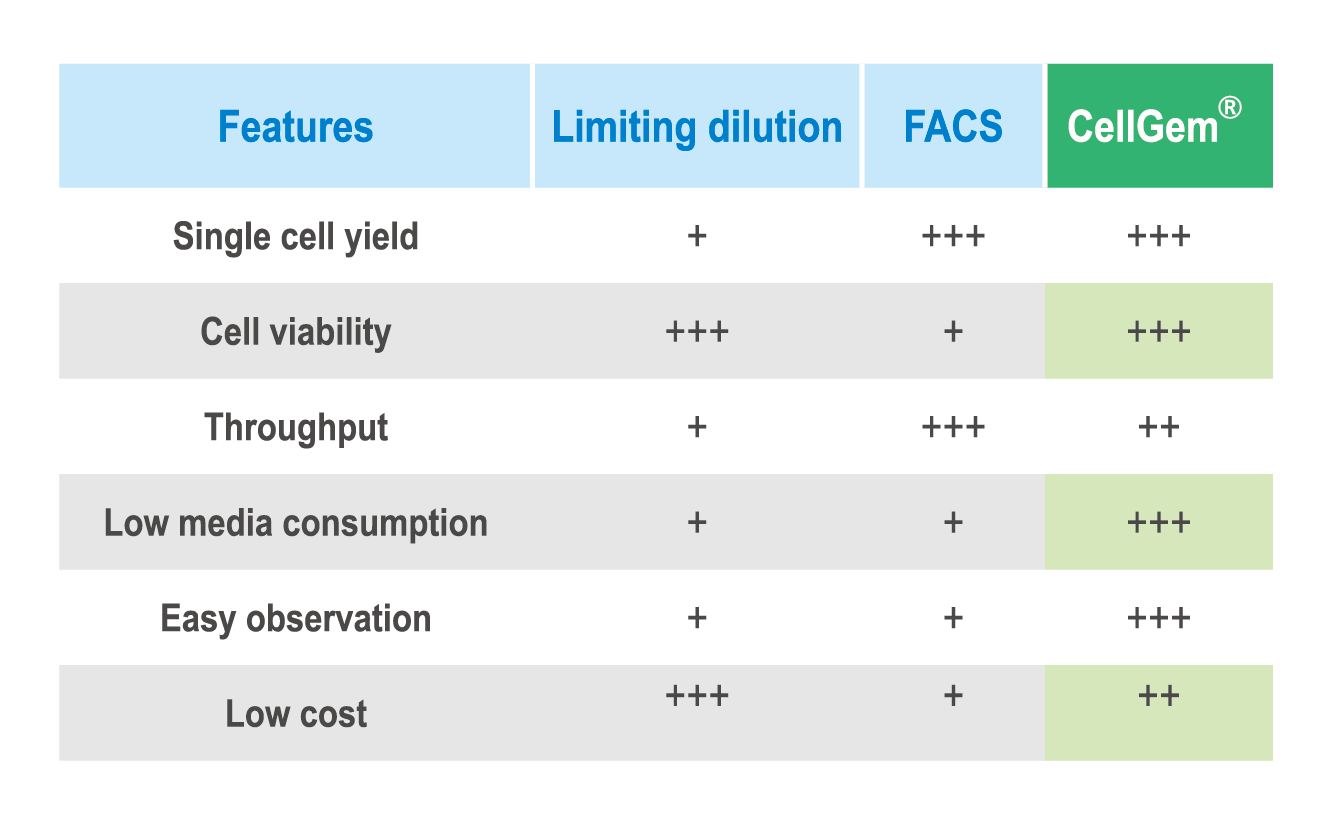- Your cart is empty
- Continue Shopping

The 7 Ways to Isolate Extracellular Vesicles & 3 Characterization Techniques
Extracellular vesicles (EVs) are revolutionising our understanding of cell-to-cell communication. These ubiquitous messengers encased in a lipid bilayer membrane, are nano-sized packages actively released by









